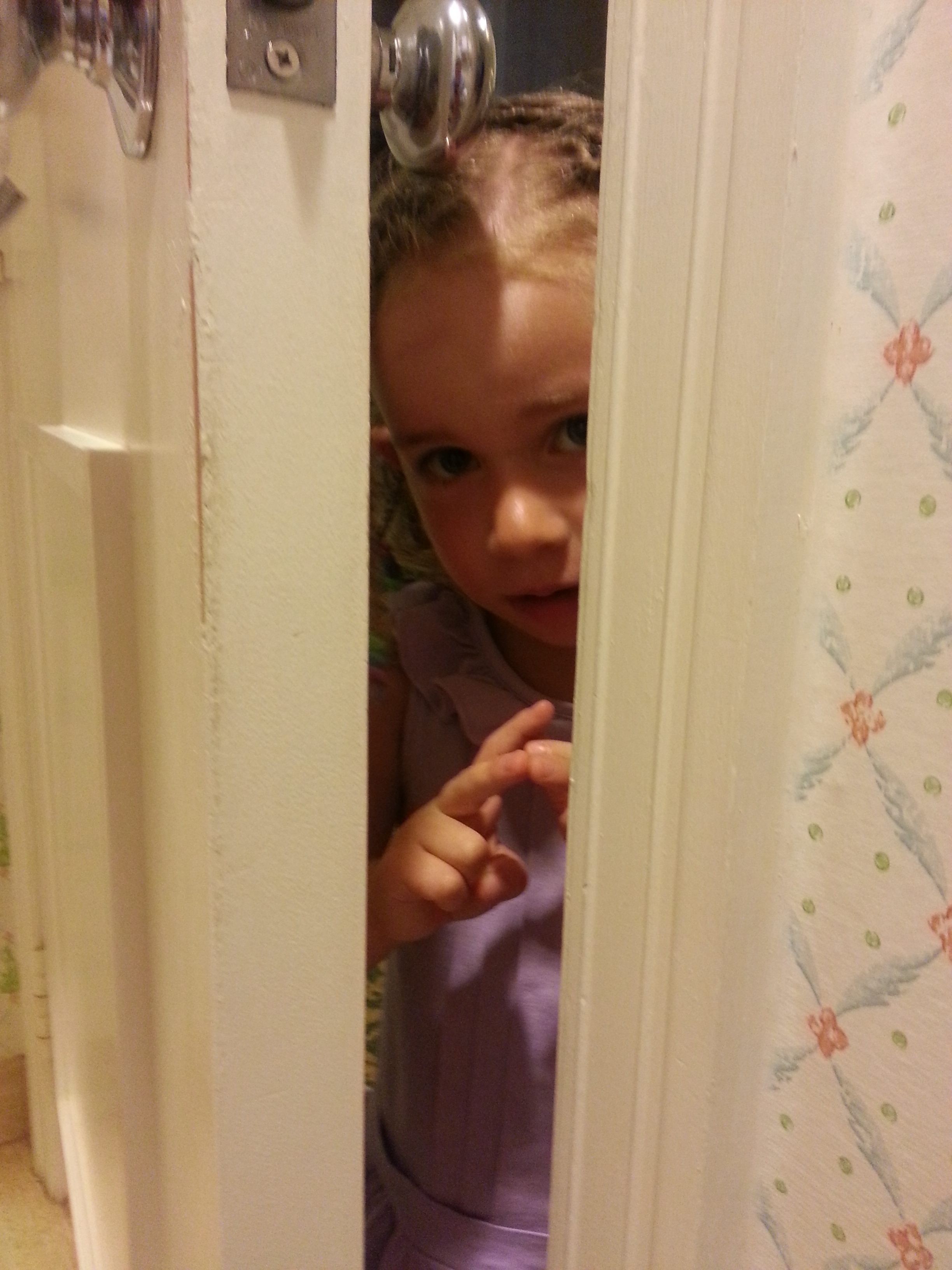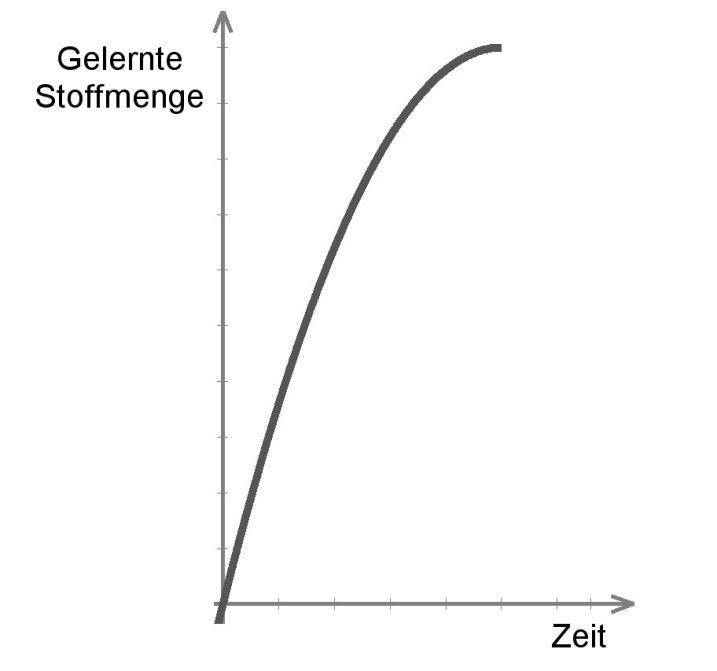Earlier this morning, I was enjoying my own "time out" (AKA: In the bathroom) and was discovered by daughter who although now demands "a little privacy" when she is on the potty… will not grant me any when I'm in there.
Upon looking at her tiny face comically frozen between the door frame and the door, It occurred to me that parenthood has bestowed upon me an awareness that most Americans don’t seem to share: The knowledge that no matter how quiet it may get, no matter how remote of a location you may find yourself in, no matter the hour or the day…there is always someone listening to every word and watching your every move(ment).
Perhaps privacy has been an illusion all along. A mythical thing as highly sought after as the holy grail. Like members in our household, there are a growing number of people in our cities as well...and privacy seems to elude us all. In reading the controversial news of the NSA legally listening in on our phone calls and invading our privacy, I can't help but think that although there are millions more people in our cities now than there were in the Wild Wild West it seems to me that we still have the same level of privacy we had two centuries ago.
Technology and the NSA have replaced the curious barkeep and the creepy evesdropper outside the saloon. Technology (in a sense) has been the great equalizer preventing us all (good or evil) from blending into the crowd.
On April 11, 2013 Business Technology published and article by Catherine Bennett
"A recent study in Scientific Reports entitled ‘Unique in the Crowd: The privacy bounds of human mobility’ reveals that only four data points from a mobile phone are needed to directly track and identify the user."...
Whenever a phone is switched on, its location can be identified through its connection to the network. But now it is not only location data that can be determined, but the actual identity of the user. In effect, if they own a mobile phone, it is impossible for anyone to be anonymous any more.
Yves-Alexandre de Montjoye, the lead researcher for the study, compared the process to fingerprinting.
“In the 1930s, it was shown that you need 12 points to uniquely identify and characterise a fingerprint”. The team, based at both MIT and the Université Catholique du Louvain in Belgium, did “the exact same thing but with mobility traces”. Mobility traces are the automatic paths our phones leave as we use them – whether we send a text, make a phone call or download an app
Andrew O'Connell reported just one month later, in May of 2013, on Harvard's Personal Genome Project: "In the name of science, 2,500 people have participated in Harvard's Personal Genome Project, anonymously sharing DNA data along with such information as histories of depression and sexually transmitted disease. But Harvard Privacy Lab director Latanya Sweeney demonstrates what "anonymous" really means. Of 579 participants who listed their birth dates, ZIP codes, and genders, her team was able to identify 42% by name using public records. Previously she was able to identify up to87% of the U.S. population with just ZIP code, birth date, and gender." SOURCE: Harvard Professor Re-Identifie
The sheer number of people on this planet are increasing exponentially every minute but the only thing that seems to be increasing regarding privacy over the years, is our expectation of having it…and the disappointing realization that we still don't...and likely never will.
In May of 2013,The Business Insider Edition of the Associated Press released “Drones With Facial Recognition Technology Will End Anonymity, Everywhere” by Andrew Conte in which the almost science fiction capabilities of facial recognition and technological cross-referencing was used to successfully aid in the capture of the Boston Marathon bombers.
He wrote: “The technology, to be sure, remains in its infancy. Yet cyber experts believe it's only a matter of years — and research dollars — until computers can identify almost anyone instantly. Computers then could use electronic data to immediately construct an intimate dossier about the person, much of it from available information online that many people put out there themselves.
From seeing just the image of a face, computers will find its match in a database of millions of driver's license portraits and photos on social media sites. From there, the computer will link to the person's name and details such as their Social Security number, preferences, hobbies, family and friends. Adding that capability to drones that can fly into spaces where planes cannot — machines that can track a person moving about and can stay aloft for days — means that people will give up privacy as well as the concept of anonymity.”
Perhaps we shouldn't be too surprised that the NSA is just as capable of opening the bathroom door when we're sitting down, as a 3yr old... and from time to time probably will.




